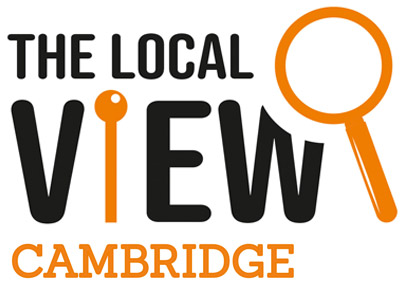As an HR Practitioner, I have always said that a CV is worth its weight in paper. While it’s great to see someone’s achievements, interests, and career journey – that’s all it tells me. It doesn’t tell me about who they are or what skills they have. It doesn’t show me how they can flex their style to be adaptable to meet the needs of the role, their team, or the business.
Other challenges to be aware of with CVs are:
-
- Candidates can ‘egg up’ their achievements or be creative. Not many organisations, depending on the sector, will spend time checking the accuracy of qualifications or experience.
-
- Coaching can occur in preparation for interviews. Depending on the candidate and the role, the candidate may opt to be coached on their interview skills to ensure they are the best of the best during the interview. Whilst this is a great option and shows initiative, just because the candidate is great at an interview it doesn’t mean that they have the skills to be successful in the role they are applying for.
What is the answer?
To me, the answer is straightforward, however, the concept of ‘doing’ can be more complex. It is about skill-based assessments and questions. The interview or assessment should be focussed on what is required for the role and the practicalities rather than a piece of paper and a 30-minute conversation to see if you like them or if they are a good fit. After all, do we not tend toward unconscious bias in these situations where we like people who are like us?
As the world of work drives further flexibility and adaptability, businesses need to ensure they are hiring the right talent for the right reasons. By including skills-based assessments, you are also driving inclusivity further within the business. Consider a candidate who is going to be a tradesperson: you need to see their skill rather than them providing a technical insight into a kit, or talking through the repairing of equipment that they might have just read about or watched on the internet.
The concept of the ‘doing’ can be more complex, purely because you need to find time to review what it is you are looking for in the skills of an interviewee, and how you will be able to assess it. You need to ensure that you are being fair and offering reasonable adjustments where possible, but it could be simple assessments such as:
- A receptionist answering several calls and connecting them to the correct people.
- An administrator organising a series of meetings and working through time management challenges.
- An electrician rewiring a test system correctly and on time.





